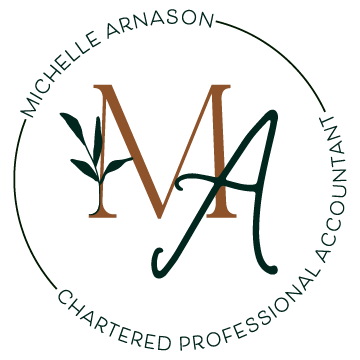The Art of Expense Tracking: Tips for Efficient Bookkeeping
Effective expense tracking is a fundamental aspect of sound bookkeeping and financial management for any business, large or small. It not only ensures that you have an accurate picture of your financial health but also helps you make informed decisions. In this blog post, we'll delve into the art of expense tracking and provide you with practical tips to streamline this critical aspect of financial management for your business.
1. Organize Your Expense Categories
Start by creating well-defined categories for your expenses. These categories should align with your business's needs and financial objectives. Common expense categories include office supplies, rent, utilities, travel, marketing, and employee salaries. Clear categories make it easier to track and analyze expenses.
2. Use Accounting Software
Invest in accounting software or cloud-based accounting platforms like QuickBooks, Xero, or FreshBooks. These tools come with built-in expense tracking features that allow you to record, categorize, and store expense data efficiently. They can also generate detailed reports for better analysis.
3. Implement a Receipt System
Maintaining receipts is crucial for accurate expense tracking and tax compliance. Consider using a digital receipt management system or mobile apps that allow you to snap pictures of receipts and categorize them instantly. This eliminates the risk of losing paper receipts and ensures a digital trail of your expenses.
4. Set Up a Business Bank Account
Separate your business finances from personal finances by setting up a dedicated business bank account. This simplifies expense tracking, as all business-related transactions are isolated in one account, making it easier to reconcile.
5. Regularly Reconcile Your Accounts
Reconciliation is the process of matching your recorded expenses with bank or credit card statements. Regular reconciliation helps identify discrepancies, missing expenses, or errors promptly. This practice ensures your financial records remain accurate.
6. Create a Budget
Developing a budget is a proactive way to manage expenses. It sets spending limits for different categories and provides a framework for controlling costs. Regularly compare actual expenses to your budget to stay on track.
7. Automate Expense Tracking
Take advantage of automation features in accounting software. Set up recurring expenses, such as monthly subscription payments or utility bills, to be automatically recorded. This reduces manual data entry and minimizes the chance of overlooking expenses.
8. Monitor Cash Expenses
Don't forget to track cash expenses! Create a system for recording cash transactions, such as using a petty cash fund and maintaining a log. These small expenses can add up and impact your bottom line.
9. Review and Analyze Regularly
Schedule regular expense review sessions to analyze spending patterns. Look for opportunities to cut costs, optimize spending, or negotiate better deals with suppliers. Regular analysis keeps your finances agile and responsive to changes.
10. Seek Professional Guidance
Consider consulting with a professional accountant or bookkeeper, especially if your business has complex financial needs or you're uncertain about the best practices for expense tracking. Their expertise can help you maximize efficiency and ensure accurate financial records.
Efficient expense tracking is the cornerstone of effective bookkeeping and financial management. By implementing these tips and adopting modern tools and practices, you can streamline your expense tracking processes and gain better control over your finances, ultimately helping you to make better informed decisions that contribute to the success of your business. Remember, accurate and up-to-date financial records are key to helping you achieve your financial goals.

